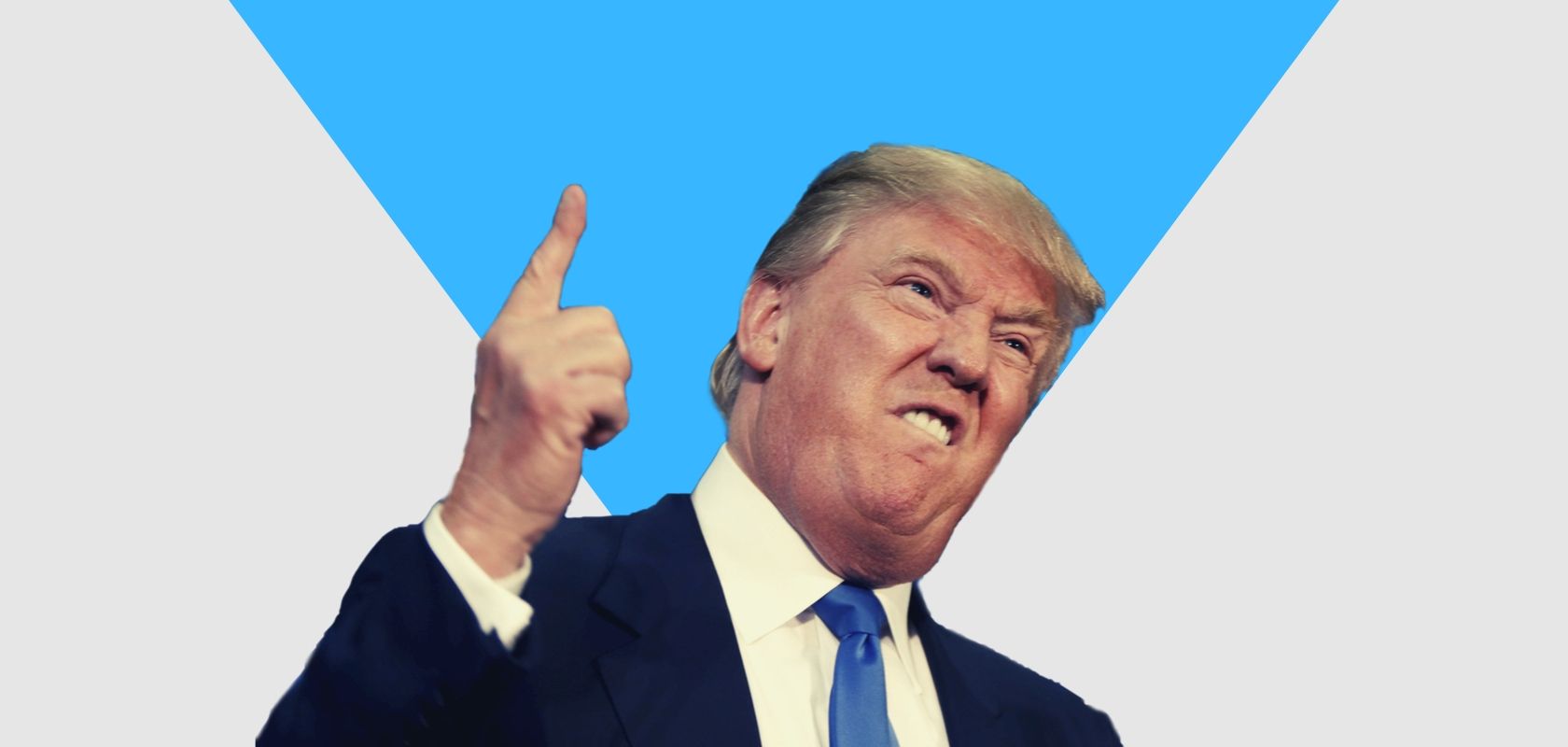Twitter has been under serious and sustained pressure for a long time now to “do something” about the way US President Donald Trump has been able to leverage the power of this social media platform to his advantage.
Even his most fierce critics will admit that Trump is a skilled and efficient Twitter user, understanding the format and playing the game to communicate his political message. But that doesn’t mean that his critics have made peace with allowing him this “privilege” – and time and time again, Twitter has been urged to take steps – some have even suggested that the company should ban the US president.
Earlier in 2019, Twitter partially succumbed to this pressure by announcing – without explicitly naming Trump, although the entire controversy is clearly constructed around him – that it would start labeling and hiding some tweets from “influential government officials” found to violate its rules if they are in the “public interest.”
And now, Twitter is saying that it won’t just be hiding the tweets, it will also be preventing Twitter users from engaging with them. In a blog post referring to “world leaders,” Twitter said that when tweets are hidden behind this label, it will also take the following “enforcement action”:
- Prevent users from liking, retweeting, or sharing the tweet
- Remove replies from the tweet
- Remove engagement counts from the tweet such as total likes and replies
Twitter announced that while no tweets by government officials have been flagged for policy violations yet, when this starts happening,
When it comes to enforcement, it’s unclear how Twitter plans to apply this “public interest” rule. In its blog post, Twitter said that certain tweets will be subject to enforcement action, regardless of public interest. These tweets include those that contain:
- Promotion of terrorism
- Clear and direct threats of violence against an individual
- Revealing private information
- Sharing intimate photos or videos without consent
- Content related to sexual exploitation of children, and self-harm
The company did not provide any examples of tweets that may get “public interest” exceptions said that it will not be explaining its application of this “public interest” rule. Instead, those affected will be referred to Tuesday’s announcement.
Twitter’s position on censoring and sanctioning speech of politicians has significantly shifted in just under the past two years. In a blog post from January 2018 the company addresses the same issue, to clearly state it didn’t believe that blocking leaders or removing their content would be helpful.
In fact, the post said at times, such action would “hide important information people should be able to see and debate.”
Moreover, said Twitter – “it would also not silence that leader, but it would certainly hamper necessary discussion around their words and actions.”
Twitter’s stance has changed since this 2018 post and now the platform is actively suppressing free expression and communication on the platform through its increased content policing and restrictions.
By preventing Twitter users’ from liking, retweeting, or sharing content from world leaders – the real victim will be ordinary users who haven’t broken any of Twitter’s rules.
Twitter is also going against its stated goal of advancing “the global, public conversation” by preventing users from engaging with tweets posted by their leaders.
Instead of establishing Twitter as “a conversation tool” – this policy looks likely to prevent discussion and conversation. And deciding to police speech of global leaders seems like a particularly risky business that might produce serious and unwanted consequences on the overall freedom of information online.
Twitter does look like a reluctant participant, fully aware of its vulnerable position under fire from all sides, afraid to step on the toes of powerful political and media circles, but also afraid of being accused of blatant bias. However, its actions are also symptomatic of the now prevailing positioning of Silicon Valley as not only the arbiter but also the gatekeeper of the flow of conversation and information on the internet.
Much like the technical solutions that Big Tech and social media giants deploy on their platforms, the keyword around speech also seems to be centralization. Twitter users who attempt to like or share a tweet that the company has designated as problematic will discover first-hand the meaning of agency and control being taken away from their hands, and placed in those of centralized tech behemoths.










